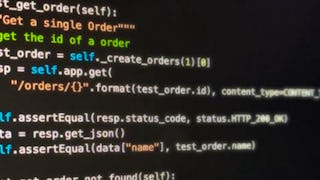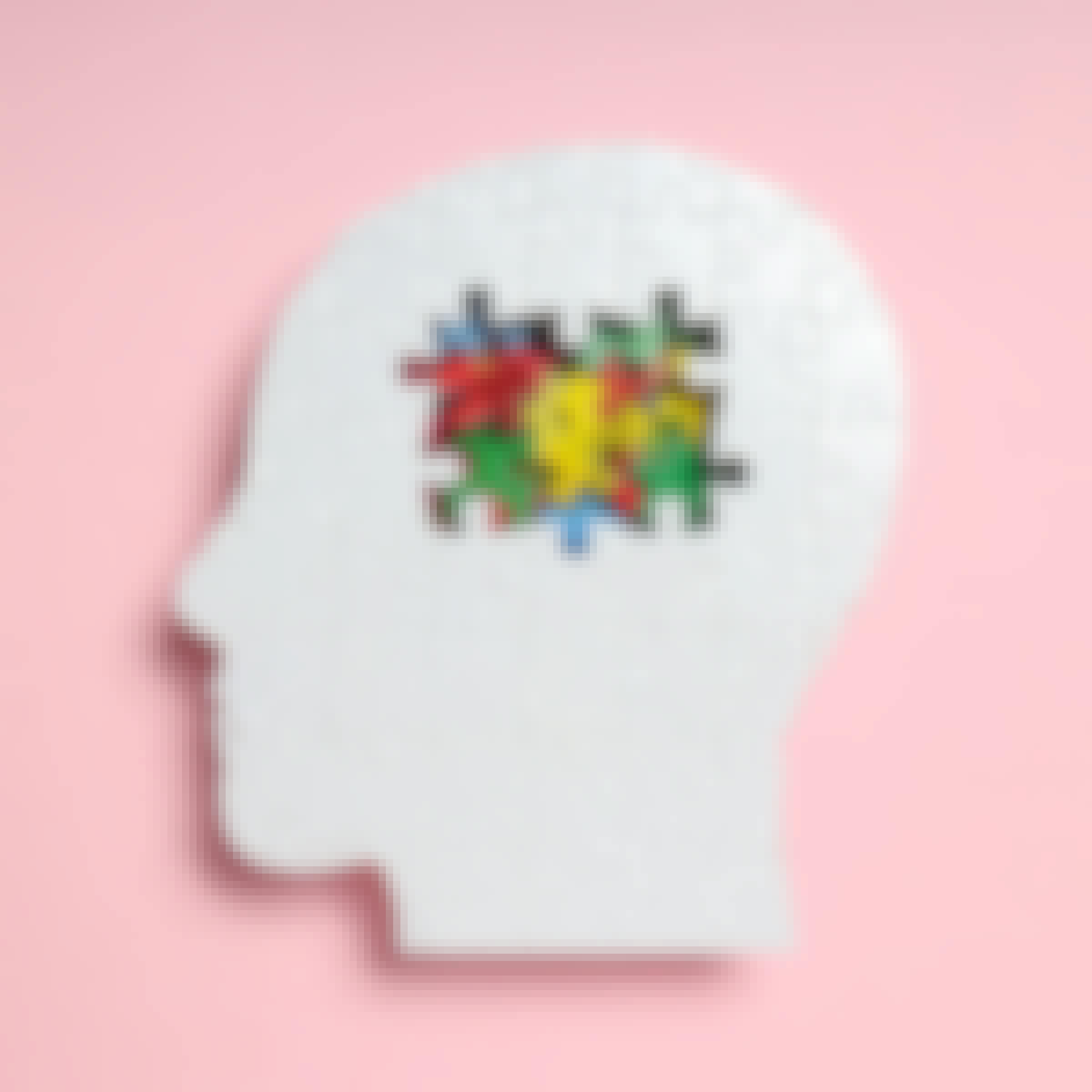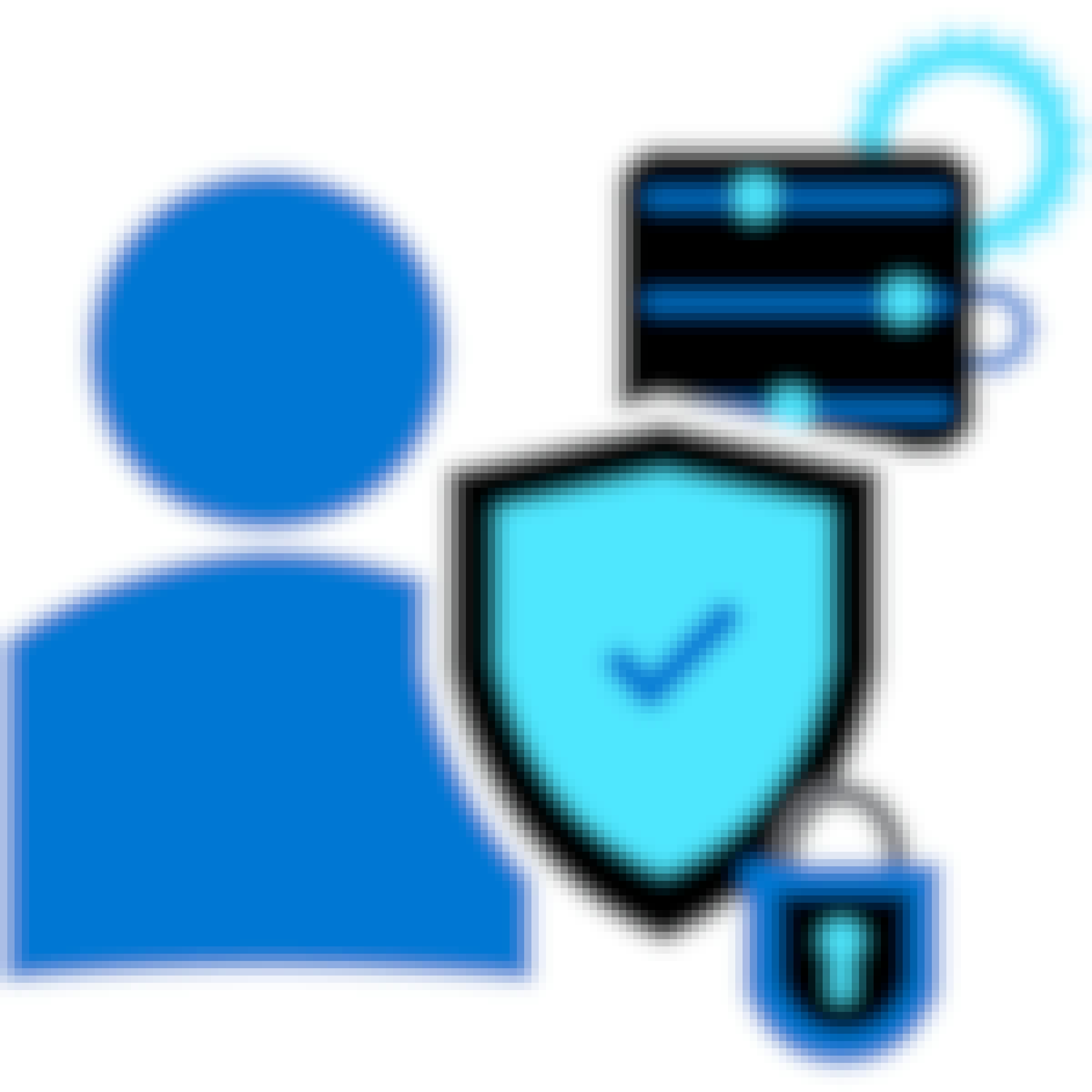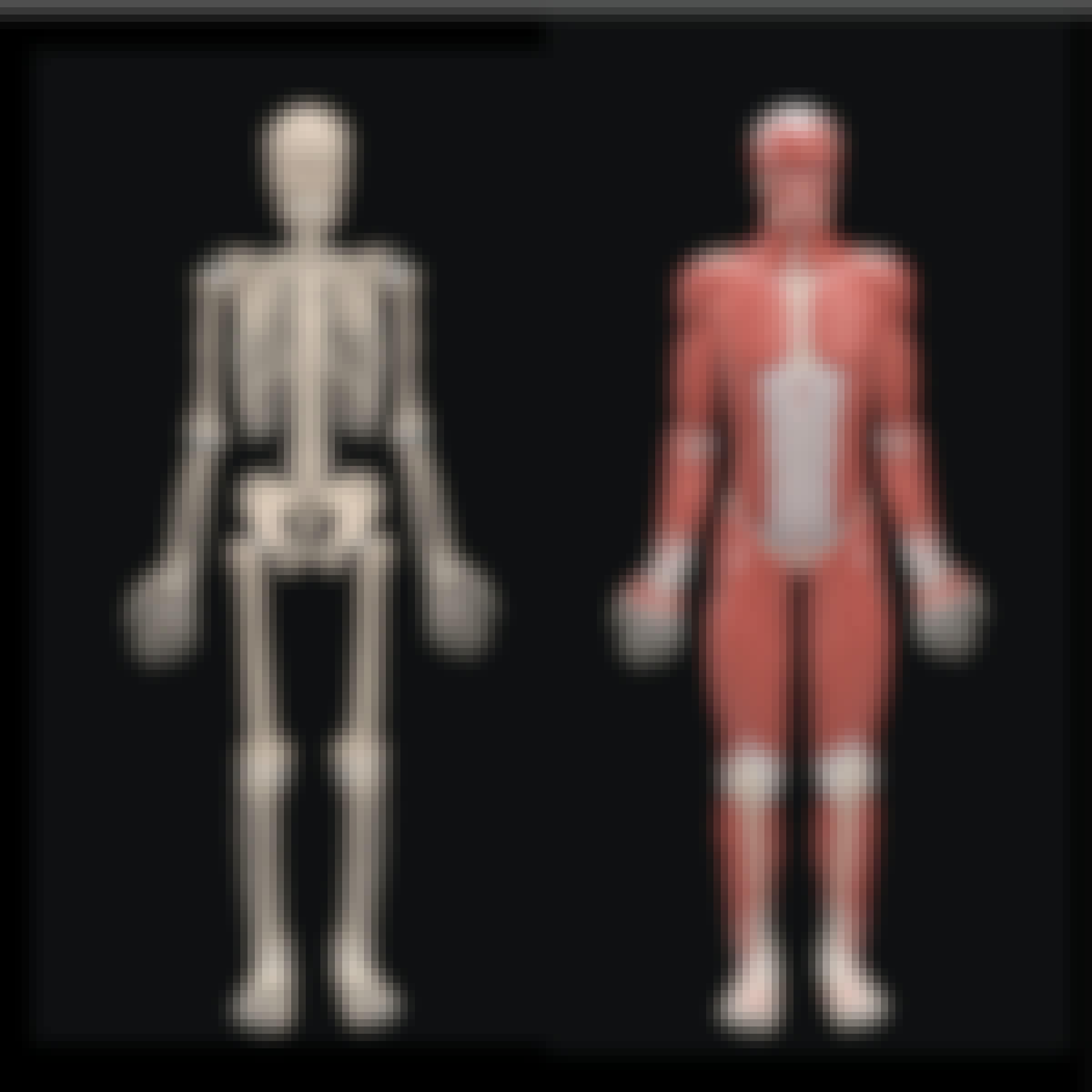Filter by
SubjectRequired
LanguageRequired
The language used throughout the course, in both instruction and assessments.
Learning ProductRequired
LevelRequired
DurationRequired
SkillsRequired
SubtitlesRequired
EducatorRequired
Explore the CBT Course Catalog
 Status: Free Trial
Status: Free TrialLearnKartS
Skills you'll gain: Git (Version Control System), Bitbucket, GitHub, GitLab, Version Control, Software Configuration Management, Collaborative Software, Software Versioning, Integrated Development Environments, IntelliJ IDEA, CI/CD, Eclipse (Software), Software Development, User Accounts, File Management, Linux, Code Review, Remote Access Systems, Development Environment, Command-Line Interface
 Status: New
Status: NewUniversity of Cambridge
Skills you'll gain: Childhood Education and Development, Human Learning, Child Development, Psychology, Teaching, Decision Making, Learning Theory, Instructional Strategies, Pedagogy, Learning Strategies, Empathy, Neurology, Magnetic Resonance Imaging, Disabilities, Autism Spectrum Disorders, Medical Imaging, Special Education, Human Development, Non-Verbal Communication, Psychiatry
 Status: Free Trial
Status: Free TrialSkills you'll gain: Test Driven Development (TDD), Gherkin (Scripting Language), Code Coverage, Behavior-Driven Development, Software Testing, Unit Testing, Test Automation, Test Case, Test Data, Integration Testing, Restful API, Microservices
 Status: Free Trial
Status: Free TrialSkills you'll gain: Cyber Threat Hunting, Cyber Threat Intelligence, Threat Modeling, Penetration Testing, Threat Detection, Threat Management, MITRE ATT&CK Framework, Cryptography, Security Testing, Application Security, Encryption, Cybersecurity, Code Review, Vulnerability Scanning, Open Web Application Security Project (OWASP), Cyber Operations, Vulnerability Assessments, Security Information and Event Management (SIEM), Test Planning, Network Analysis
 Status: New
Status: NewUniversity of Cambridge
Skills you'll gain: Psychology, Neurology, Medical Imaging, Non-Verbal Communication, Social Sciences, Image Analysis, Research, Research Methodologies
 Status: Free Trial
Status: Free TrialSkills you'll gain: Medical Terminology, Pulmonology, Pathology, Cardiology, Medical Records, Neurology, General Medical Tests and Procedures, Urology, Gynecology, Anatomy, Health Information Management and Medical Records, Respiration, Orthopedics, Vital Signs, Electocardiography, Biology, Laboratory Testing, Medical Billing and Coding, Health Information Management, Physical Therapy
 Status: New
Status: NewUniversity of Cambridge
Skills you'll gain: Human Learning, Psychology, Magnetic Resonance Imaging, Medical Imaging, Neurology, Research Methodologies, Research, Human Development, Learning Theory, Child Development
 Status: Free Trial
Status: Free TrialUniversity of Colorado Boulder
Skills you'll gain: Psychiatry, Clinical Psychology, Mental Health Diseases and Disorders, Pharmacology, Public Health, Health Policy, Gerontology, Mental Health, Healthcare Industry Knowledge, Pharmaceuticals, Hospice, Medication Administration, Research, Mental and Behavioral Health, Medical Prescription, Health Care, Patient Safety, Clinical Research, Preventative Care, Medical Science and Research
 Status: Free Trial
Status: Free TrialIllinois Tech
Skills you'll gain: NoSQL, Big Data, Apache Hadoop, Apache Spark, Data Infrastructure, Real Time Data, Apache Kafka, Data Management, Apache Cassandra, Apache Hive, Data Lakes, MongoDB, Databases, Data Architecture, Database Management Systems, Distributed Computing, Data Processing, Cloud Computing, Software Design Patterns, Scalability

Johns Hopkins University
Skills you'll gain: Clinical Trials, Clinical Research, Scientific Methods, Medical Science and Research, Biostatistics, Data Collection, Ethical Standards And Conduct, Regulatory Compliance, Sample Size Determination, Statistical Methods, Statistical Analysis, Statistical Hypothesis Testing
 Status: Free Trial
Status: Free TrialMicrosoft
Skills you'll gain: Penetration Testing, Security Testing, System Testing, Vulnerability Scanning, Vulnerability Management, Cybersecurity, Cloud Security, Intrusion Detection and Prevention, Network Security, Microsoft Azure, Firewall, Virtual Private Networks (VPN)

The Chinese University of Hong Kong
Skills you'll gain: Anatomy, Kinesiology, Orthopedics, Physical Therapy, Medical Terminology
CBT learners also search
In summary, here are 10 of our most popular cbt courses
- Complete Git: LearnKartS
- The science of mind and decision making: University of Cambridge
- Introduction to Test and Behavior Driven Development: IBM
- Penetration Testing, Threat Hunting, and Cryptography: IBM
- The Psychology of Emotions: an introduction to embodied cognition : University of Cambridge
- Human Anatomy and Medical Terminology Fundamentals: MedCerts
- Introduction to Cognitive Psychology and Neuropsychology: University of Cambridge
- Medical Cannabis: The Health Effects of THC and CBD: University of Colorado Boulder
- Big Data Technologies: Illinois Tech
- Design and Interpretation of Clinical Trials: Johns Hopkins University










